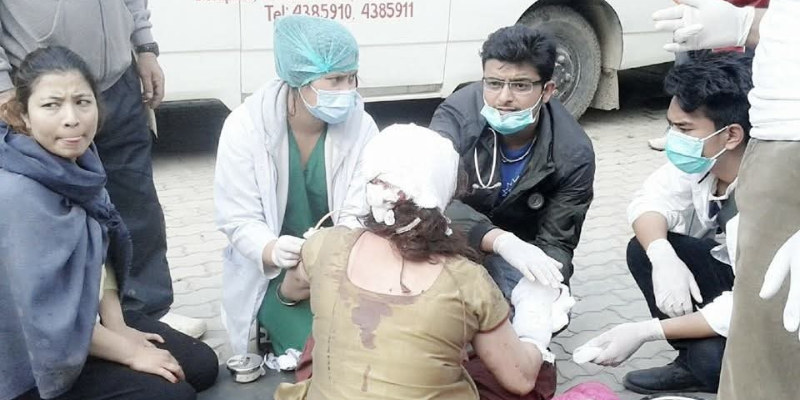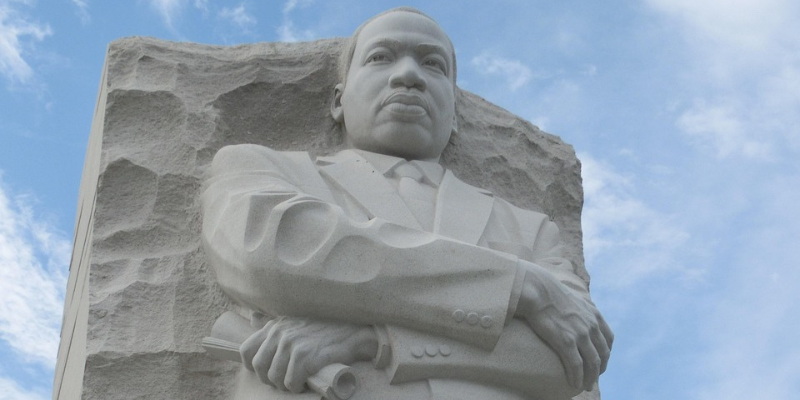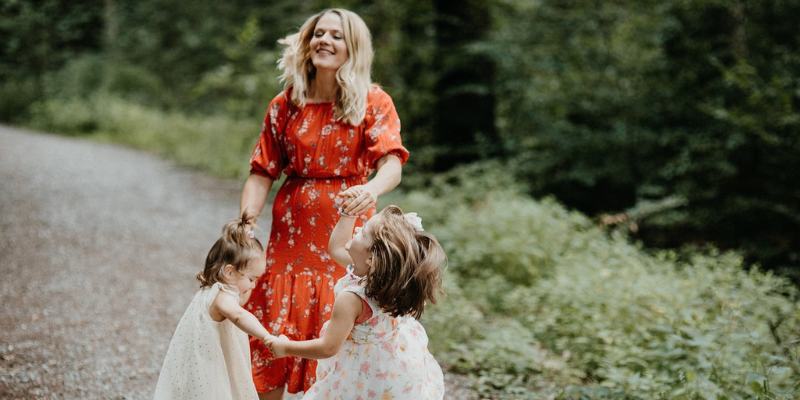Part 1
When I was 18 years old, my mother was diagnosed with breast cancer. She had a mastectomy just after I got home from college for winter break. Looking back twenty-seven years later, I remember very little of it. In fact, I might not have remembered that I was even home for the surgery at all, except for one detail: when I saw her in the hospital room after her surgery, she had a betadine stain on her gown.
The stain horrified me. It was a glaring, clear-as-day signal that despite my mother’s familiar appearance and attempt at a smile, something chaotic and disturbing had happened to her. I can still see that off- yellow hospital gown. And I can perfectly conjure the stain, about the size of my palm, irregular, a dark brown blotch blocking the faint pattern of the cloth. A portal to an unknown world of violence which my mother had briefly visited and from which she had returned, minimizing her journey for my benefit, not knowing the stain gave her away.
Part 2
I was driving up I-70 on a snowy December morning, skis in the back of my car, happy for a day off from the emergency department. I had just passed Evergreen when my car suddenly started fishtailing, completely out of my control, sliding off the highway and rolling over. I counted them out- one, two, three, times, before settling in an embankment. Every piece of glass was blown out. The roof was crushed. The door didn’t work, and I was stuck inside the skeleton of the car. Eventually I was extricated, loaded into an ambulance, and brought down the mountain to Denver Health. I was cold and tired and hurt, and more than anything else, wanted to go home. But I couldn’t – I had an obvious open forearm fracture, for one thing—but getting to Denver Health, my residency home, was the next best thing. The ED nurses treated me like family. A co-resident brought me a stuffed animal from pediatrics. The trauma surgeon, who had been my attending just two months ago, treated me with a kindness he had never displayed on rounds. It was comforting to be somewhere so familiar, with people and faces I could trust, finally warm
and well cared for, confident that the system I knew so well would function for me, too, and that all would be fine in the end.
Part 3
I’ve reflected on both of these experiences many times over my years as a physician. The hostile and confusing world that the hospital is for most of our patients, and the familiar work- home it becomes for so many in the medical community. How tiny details can be so terrifying that they create indelible, life-long memories, and how familiarity with the medical setting can make even the most terrifying of days feel paradoxically secure. And I try to remember that one
of my jobs as a doctor is to bridge those worlds, and to help my patients feel warmth and hopefully even trust, as they move through their medical journeys.



